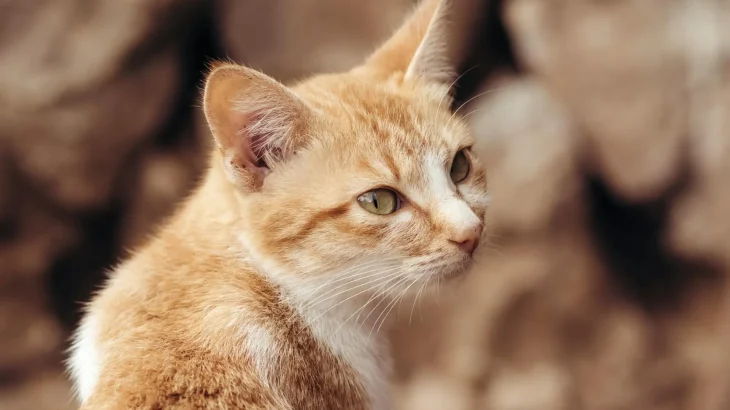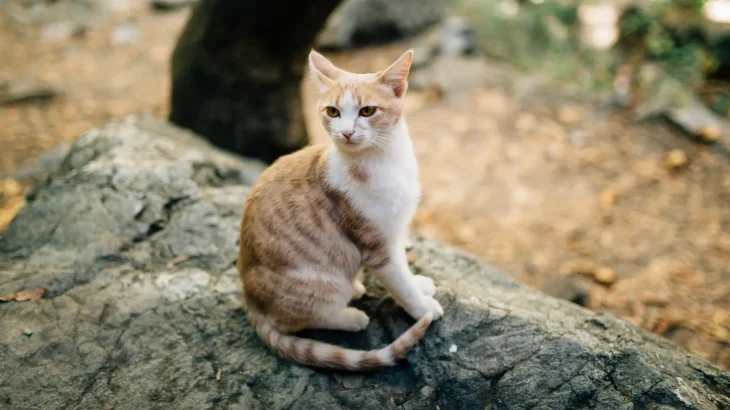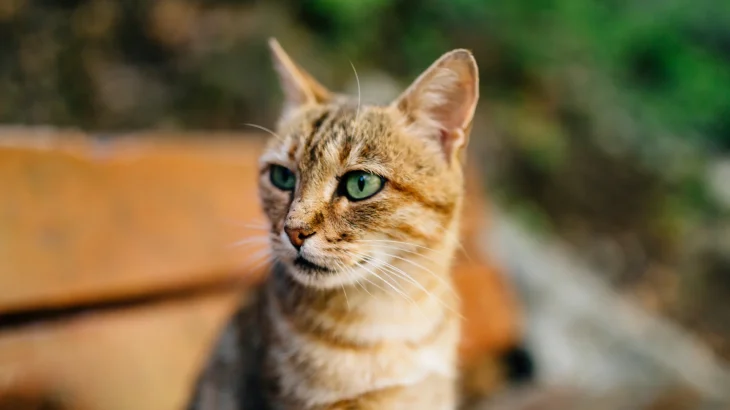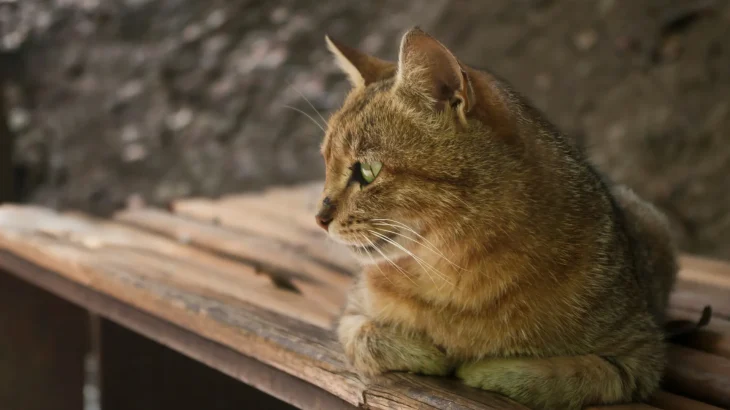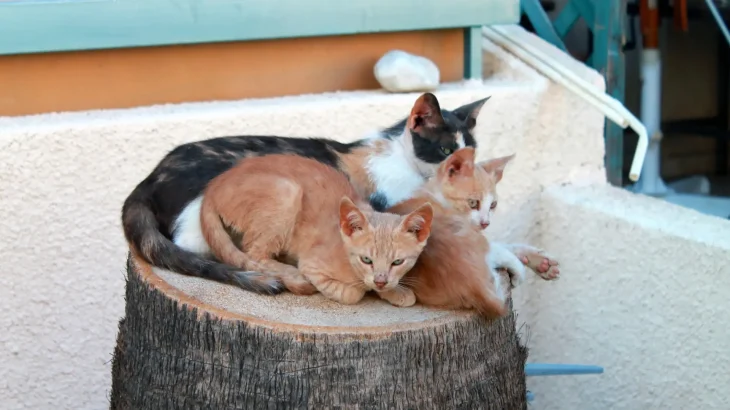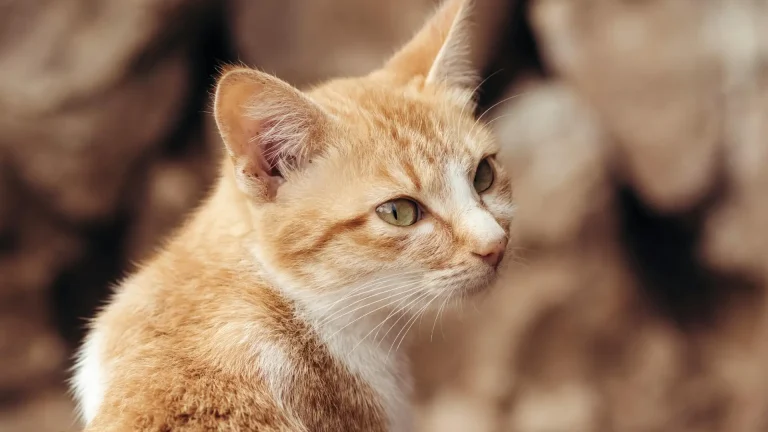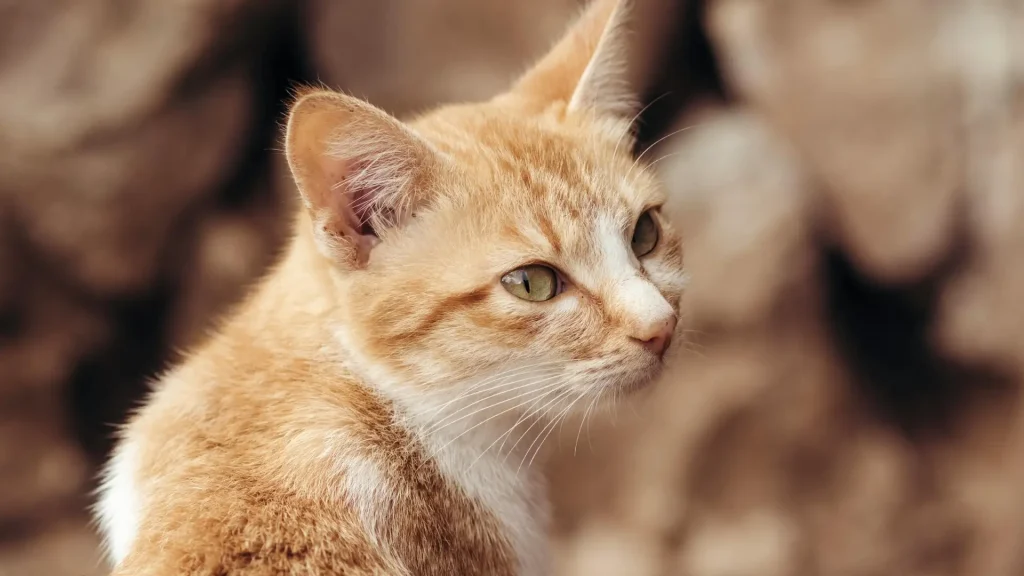Choosing to bring a Cyprus Cat kitten into your home involves deciding between adoption and purchasing from a breeder. Each path has distinct advantages and considerations linked to the breed's availability and background. Weighing these factors helps find the best fit for your lifestyle.
Here's a quick comparison:
| Criteria | Buying from Breeder | Adopting from Shelter/Rescue |
|---|---|---|
| Cost | Generally higher upfront cost reflecting breed rarity and pedigree. | Lower adoption fees; often more affordable and may include initial vet care. |
| Health History | Breeders often provide detailed health background and genetic screenings. | Health info can be limited; basic vet checks and treatments are typical. |
| Age Availability | Mostly kittens, allowing early socialization within breed standards. | Varied ages, including adults ready for companionship. |
| Temperament Insight | Breeders share expected temperament based on lineage and observation. | Shelter staff offer insights from observed behavior, but lineage is usually unknown. |
| Supporting Practices | Supports breed preservation through responsible breeding. | Helps animal welfare by providing homes and reducing shelter populations. |
| Ethical Considerations | Important to choose ethical breeders committed to health and welfare. | Adoption avoids supporting questionable breeding and helps combat pet overpopulation. |

